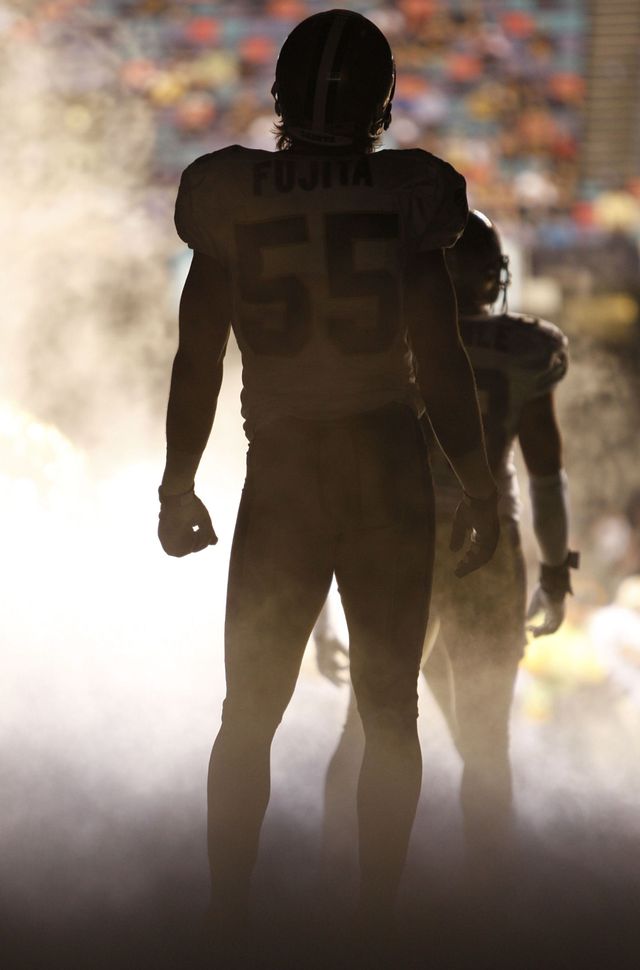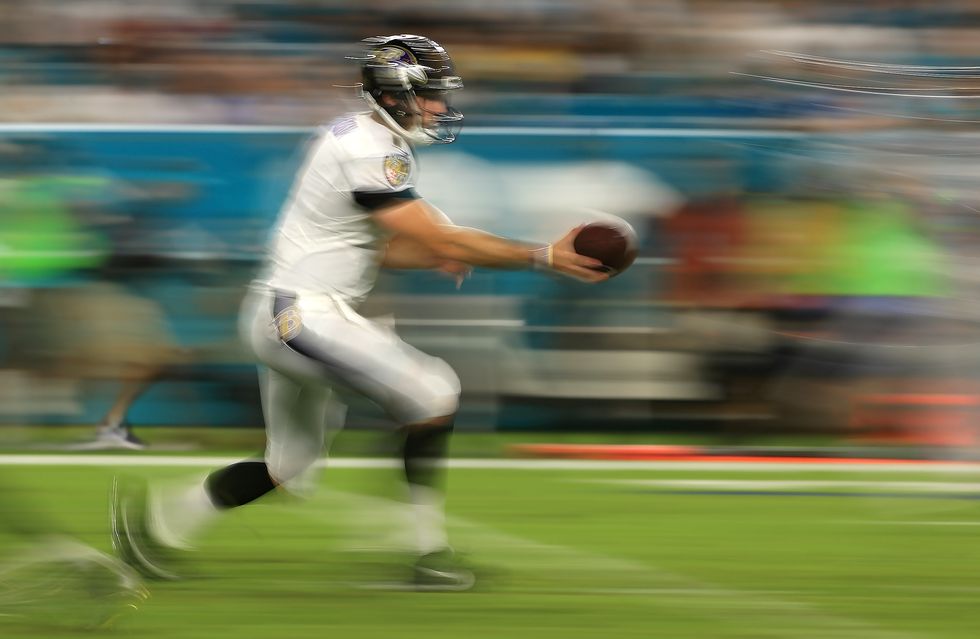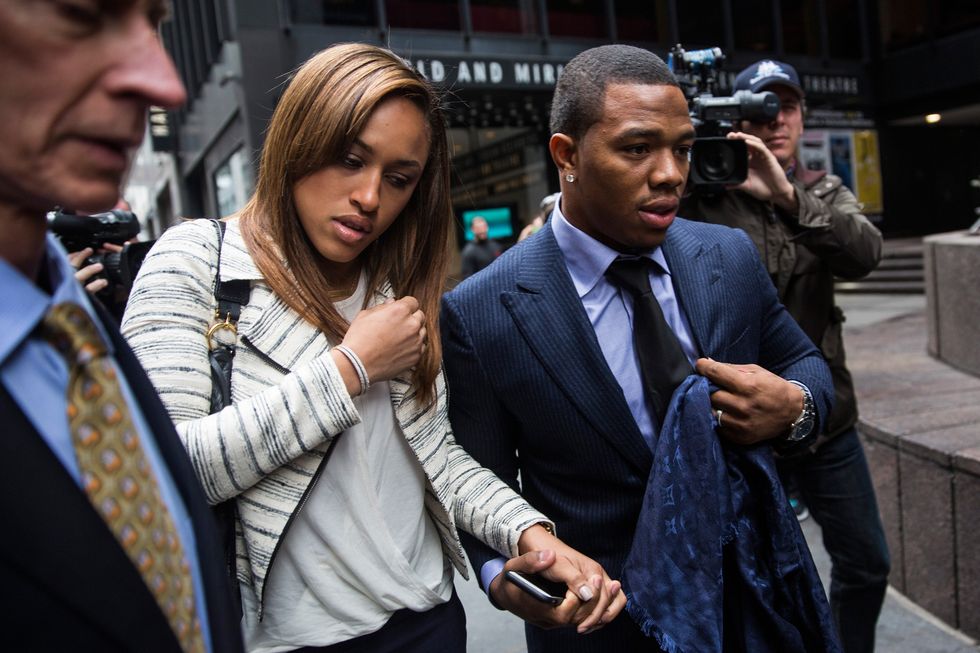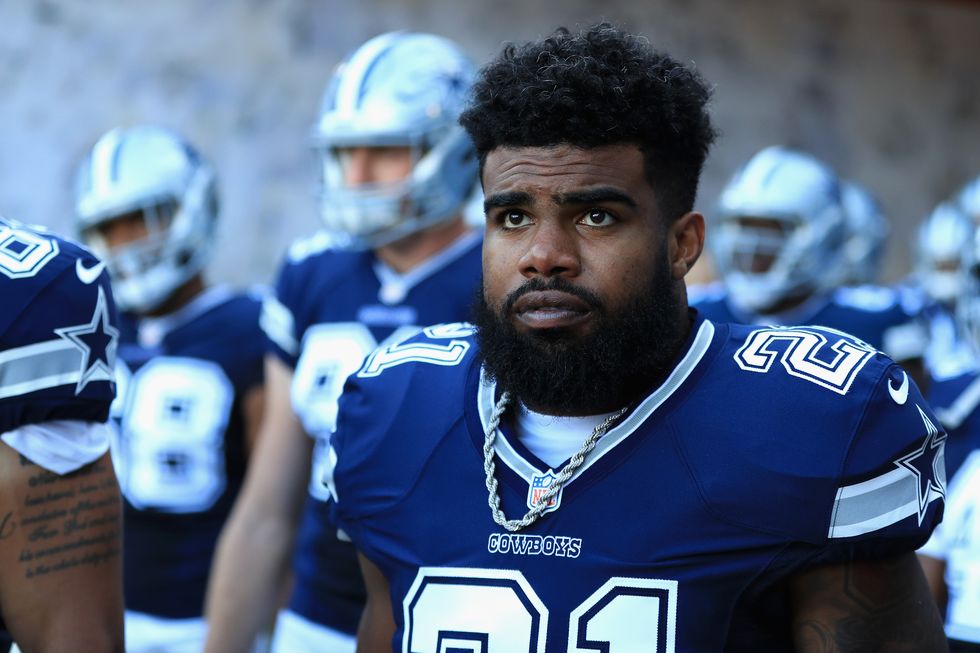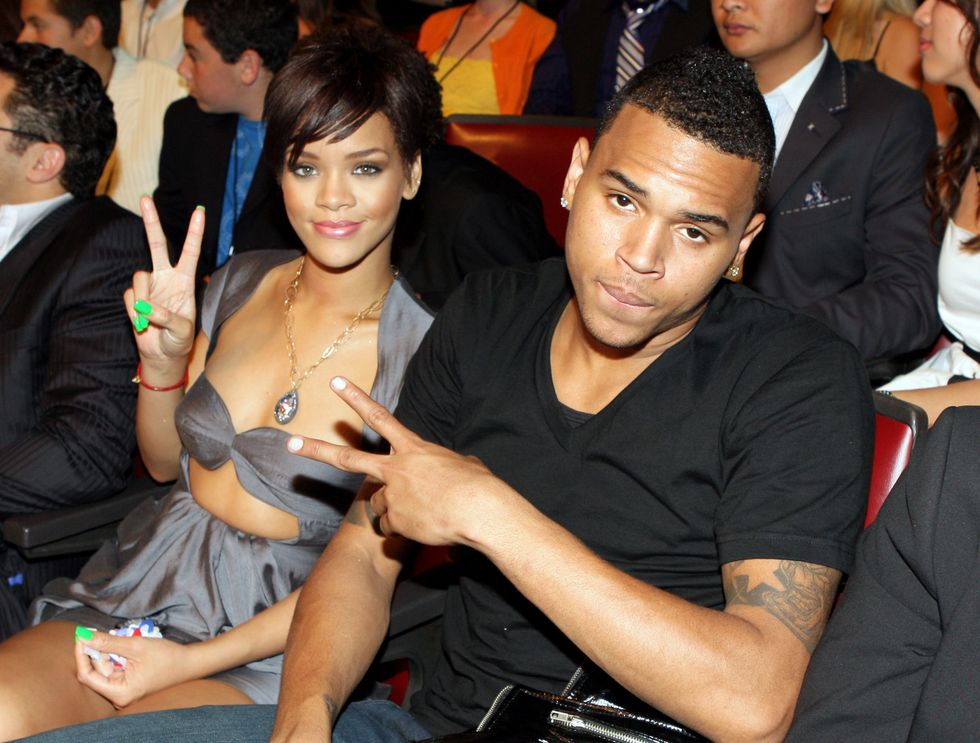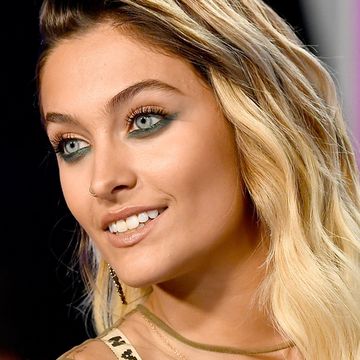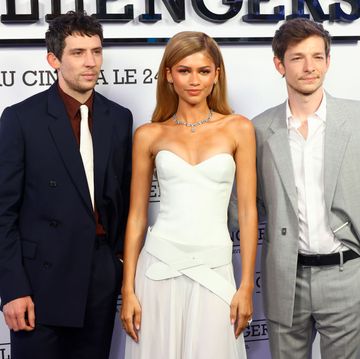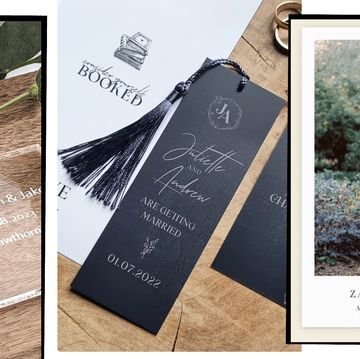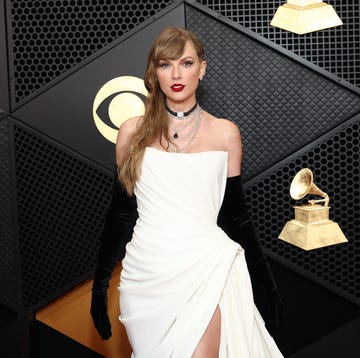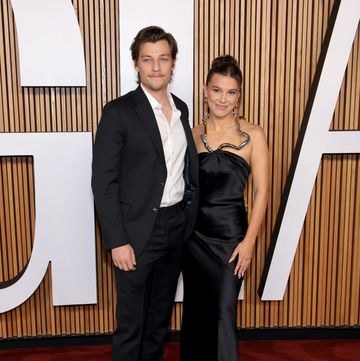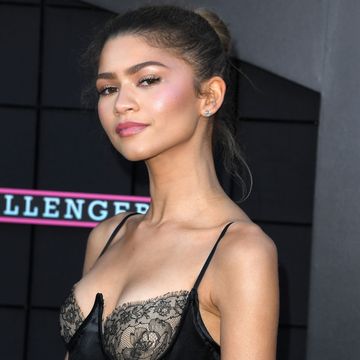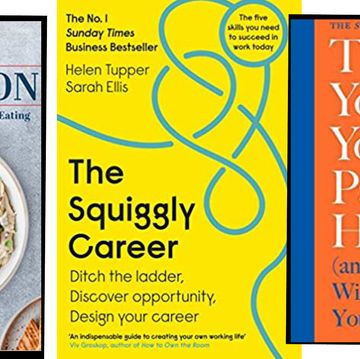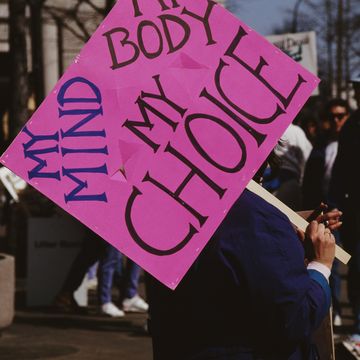When you think of impassioned fighters for the rights of domestic and sexual assault victims, you the NFL probably isn't the first organisation to spring to mine.
But strike us down and call us Geoffrey, the National Football League just proved us wrong.
To say that the NFL has had a dicey history with sexual and domestic abuse is to put it extremely mildly. A 2015 Broadly article cited 44 NFL players, still in rotation, who had been accused of sexual or physical assault.
Poisonous ideals of masculinity are unhelpfully either ignored or, in some ways, encouraged in plenty of sports.
Being aggressively goal-orientated, and the prioritising of physical strength, as well as a view that anything is possible if you fight hard and want it enough, are just a few of the things that help to breed and maintain a perfect storm for possible abusive behaviours.
The NFL is becoming increasingly aware of this, and in their own Personal Conduct Policy states, 'it is not enough simply to avoid being found guilty of a crime. We are all held to a higher standard and must conduct ourselves in a way that is responsible, promotes the values of the NFL, and is lawful.'
In 2014 the updates their policy, so it did not rely solely on the legal system to determine what was irresponsible off-field misconduct. Clearly mindful of low conviction rates of these kinds of 'he-said she-said' crimes now the NFL maintains its right to punish their players (through suspension etc) whether or not they are found guilty of crimes or misconduct they are accused of.
However, the NFL Players Association also is free to file appeals in defence of any players suspended or banned.
One example of this was Ray Rice's case. Rice was the the NFL player who was reportedly caught on camera punching his now-wife and dragging her unconscious body from a lift in a Las Vegas hotel. Although Rice avoided jail time, he was eventually banned from the sport. The NFLPA unsuccessfully appealed this.
One of the more recent accusations has been against the Dallas Cowboy's Ezekiel Elliott.
Elliott was accused of attacking his then-girlfriend Tiffany Thompson in her car.
Though he was never arrested or charged (though there is a police report of the incident) the NFL launched its own year-long investigation and announced last week that Elliott would be suspended from the first six games of the 2017 football season after finding, 'substantial and persuasive evidence.'
The NFLPA then filed an appeal, as well as apparently trying to discredit his potential victim, Thompson.
The NFLPA allegedly leaked text messages to Yahoo from Thompson to her friend discussing the possibility of blackmailing Elliott using sex tapes.
Now, we don't know whether Elliott beat his ex girlfriend, but the NFL is clearly confident that a non-permanent suspension is the appropriate response to whatever evidence they have.
And, again, the NFLPA is totally within their rights and perhaps it is their duty as a union, to appeal this case if they believe certain evidence has not been taken into account.
However, leaking evidence to discredit a woman in this case as a kind of trial by public opinion, is obviously not appropriate.
Thankfully the NFL agreed and released this statement:
It's a common tactic to attempt to prove the innocence of the accused by discrediting the victim ― in this case Ms. Thompson ― when coming forward to report such abuse. Common or not, these tactics are shameful. Efforts to shame and blame victims are often what prevent people from coming forward to report violence and/or seek help in the first place.
We couldn't agree more.
Daisy Murray is the Digital Fashion Editor at ELLE UK, spotlighting emerging designers, sustainable shopping, and celebrity style. Since joining in 2016 as an editorial intern, Daisy has run the gamut of fashion journalism - interviewing Molly Goddard backstage at London Fashion Week, investigating the power of androgynous dressing and celebrating the joys of vintage shopping.
